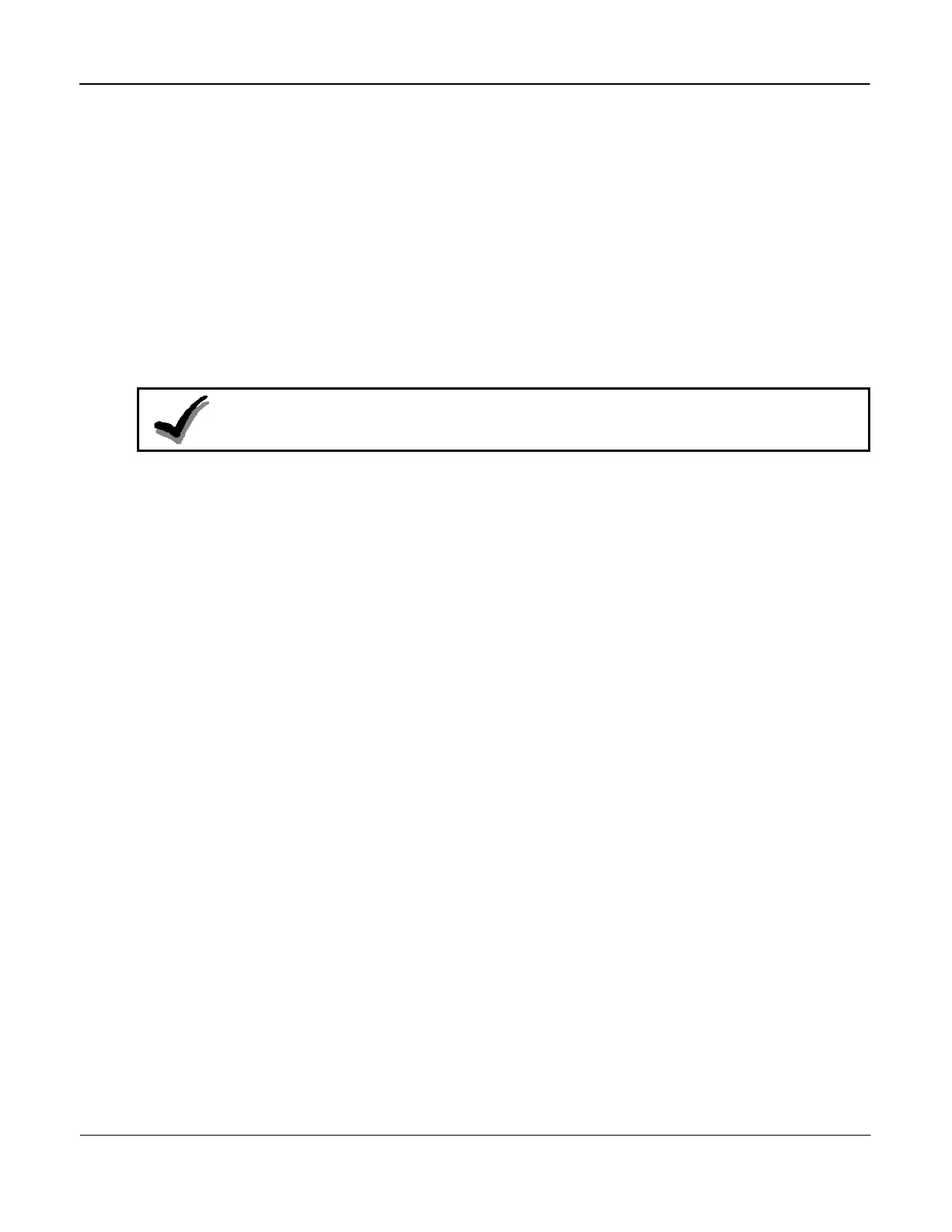Configuring APX Meters Operation
3-10 Operation TM-iX0A-0805
Diagnostics and Alarms
The meter can be configured to monitor or ignore certain internal conditions and to display alarm
codes should any of those condition be detected. The following items can be configured:
• The conditions to monitor
• The threshold levels
• How long a condition must exist before the meter issues an alarm
• To perform any of the following actions should a monitored condition occur:
▪ Lock the display with the error code, or add the code to the Normal Display List
▪ Add an entry to the History Log
▪ Send a message through a communications module (if installed)
▪ Close a relay (if installed)
NOTE:
Any time changes are made to the alarm settings, use iConFig to clear all alarms and
status bits.
Industry Standard Diagnostics
This section discusses the standard diagnostics that, when configured, are tested by the meter
every ten (10) seconds. If any one diagnostic fails six (6) consecutive times, the meter considers
the diagnostic to have failed. Refer to iConFig Set-up and User’s Guide for more information.
A failed diagnostic must pass six (6) consecutive times before the meter considers the diagnostic
to have passed.
Diagnostic 1
Polarity and Cross Phase Check tests for the proper phase relationships of each of the voltages
with respect to phase A voltage. This diagnostic checks for faulty site wiring. The nominal
values are based on the “type” of meter, and can be overridden.
Diagnostic 2
Phase Voltage Deviation Check compares each phase against the “nominal” phase voltage.
Diagnostic 3
Inactive Phase Current Check checks the current amplitudes against a configured.
Diagnostic 4
Phase Angle Displacement Check verifies that the power factor for each phase is within the
limits (measured in degrees) for each phase for maximum lag and maximum lead. This
diagnostic is not performed if a phase voltage is missing or Diagnostic 3 fails.
Diagnostic 6
Current Magnitude Imbalance Check checks for the relative amplitude of the phase currents
and compares each current to the average of all enabled currents.
Diagnostic 7
Energy Direction Check fails if any enabled, phase energy flow is negative (received power).
